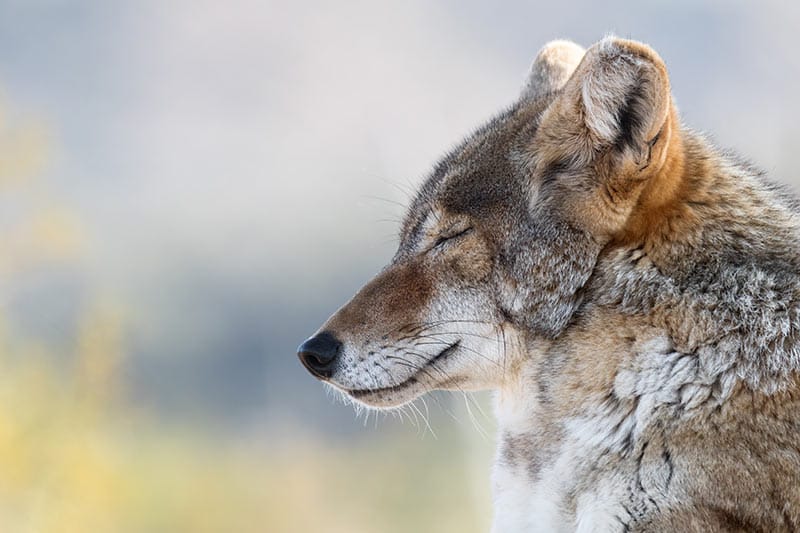The Unsung Heroes of a Balanced Farm Ecosystem
[This article was previously published in the fall issue of The Cultivator, Cornucopia’s quarterly newsletter.]
by Kestrel Burcham, JD
Farm and Food Policy Analyst at The Cornucopia Institute
 |
As any organic farmer knows, balancing on-farm biodiversity with agricultural production can be a constant challenge. Luckily, a wildlife-friendly approach to farming can support animals that provide services to enhance, and even increase, food production.
Familiar “services” provided by wildlife include pollination and predation of crop pests. Bees, wasps, butterflies, beetles, and even bats and hummingbirds are well known for their benefits to agriculture as pollinators. However, there are some animals that are often overlooked, their roles as beneficial wildlife misunderstood by farmers and the public.
One of the biggest benefits wildlife provide to organic farmers is natural pest control. Organic farmers cannot use common poisons for rodent and insect control, and trapping can be both inhumane and labor-intensive. Many animals are useful to balance predator and prey populations within existing farm ecosystems.
Native bird species play an important role in insect control and may keep weeds in check by feeding on their seeds. For example, the nests of barn swallows can cause a mess and contaminate buildings, but if given a safe place to rear their young, they are beautiful and efficient insect hunters.
While many farmers consider coyotes pests in their own right, they should be respected for their beneficial role in the ecosystem and on the farm. The majority of a coyote’s diet consists of destructive rodents and, in a properly balanced ecosystem, they keep rabbits and burrowing animals at sustainable levels. When coyotes are removed, their prey populations often explode, leading to the need for greater pest control measures.
Learning to coexist with these opportunistic hunters means being diligent with containment systems and farm management practices, but the benefits of having these clever hunters around farmland is clear.
Other animals that deserves respect for their role in a healthy organic farm system are native snakes. Snakes are a valuable component of most ecosystems, playing complex predator and prey roles. Snakes have particular value to farmers, as many species help keep pest populations in check without the use of chemicals or more labor-intensive controls.
Garter snakes feed on slugs and insect pests, while gopher snakes are one of the larger non-poisonous species that takes care of rodent and burrowing animal pests, able to hunt the animals within their own burrows and tight spaces.
Wildlife can provide benefits beyond pollination and pest control. Small burrowing mammals, including moles and mice, are a surprising example of these benefits. These species are often considered “pests” in agricultural systems, but they have surprising benefits to pasture and open space.
Their activities help to decompose and incorporate organic matter, aerate the soil, and allow better water and root infiltration. In a balanced system, where wild predator and prey are healthy, burrowing mammals provide these valuable services without overrunning or degrading open land.
Another strategy to boost beneficial on-farm services is to provide habitat for transient wildlife. When farmers flood their grain fields after harvest, it can have a dramatic benefit for both wildlife and the farmer. Flooding attracts and provides habitat for migratory waterfowl. While foraging in these fields, the waterfowl dramatically increase the decomposition of straw, even to the point that the farmer may not need to till their field before the next planting. This practice is already popular, even on conventional rice farms.
In a country of increasing agricultural industrialization, organic farmers can rely on the complex relationships among wildlife for many production benefits.
Wildlife needs organic farms too; buffers and wild verges provide valuable habitat and biodiversity to support a balanced ecosystem.
Organic food embodies the philosophy that it is possible to live in harmony with all wildlife. With an experienced eye, you can see how even the most misunderstood animals provide essential benefits to our nation’s farms.

